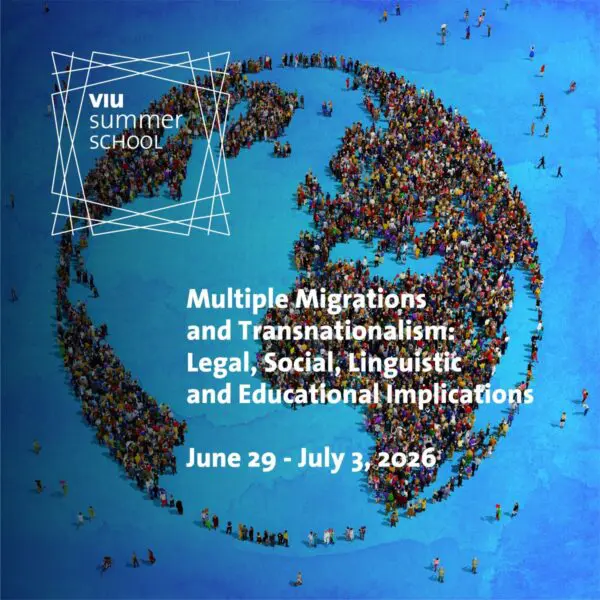
Utrecht, Netherlands
Introduction to Structural Equation Modeling using Mplus
When:
10 August - 21 August 2026
Credits:
1.5 EC
Read more
Social Sciences
When:
14 August - 19 August 2019
School:
Institution:
CORVINUS University of Budapest
City:
Country:
Language:
English
Credits:
0 EC

What is a smart city?
We hear all the time that technology changes our lives, including our environment. The developments not only improve the life of
individuals, but benefit the whole society as well, such as smart city initiatives. A well-known example is Rio de Janeiro, that won
the ’World Smart City Award’ in 2013 for services like Digital Traffic (monitoring the main routes’ traffic in real time), integration of
agencies and utilities, MonitorAr-Rio (for air quality improvement) and the enhancement of the municipal guard system. Smart city
systems might include green energy management, transportation and building optimization as well as security related innovations.
These methods require a city-wide system of smart devices to start with, but also an understanding and collaborating society.
These initiatives could improve the quality of life but have their drawbacks as well.
Step into a smart city!
The changing environment raises questions about data protection and privacy – what is the government or the collector of the data
entitled to, which usages are acceptable and which pose ethical dilemmas? The new features should be introduced in smart cities
when it’s benefitial for all of the citizens, or even when it serves a smaller segment? Is it possible to include even the poorest ones
of society in smart city projects? Are these projects appropriate for a country facing poverty? How can it be ensured that the currently
digitally illitirates (such as the older generations) are not excluded and prevent a possibly growing gap between them and the digital
literates? We also tend to overview that the materials needed for the smart devices are not always derived among fair working conditions,
or that the mining of these materials aggravates the already existing social conflicts (for example in the Democratic Republic of Congo).
Why should you apply?
These are some of the most pressing issues about the planning and development of smart cities, that the course intends to cover in
form of discussions and debates. Besides the ponderous dilemmas mentioned above, the course aims to introduce the basic operation
of smart city subsystems and overview the technological background from an engineering perspective. Already established smart solutions
are introduced and examined, to draw conclusions based on these real-life experiments.
Section teachers Judit Rab Lechner Knowledge Center
We are waiting for the application of BA or MA students, studying in the fields of social sciences, business or economics from all European universities. We also have some places for those who graduated in the recent years.
For further information and registration check our website.
http://cec.rajk.eu/smart-cities/
During the four day long intensive professional part of the conference, you will study:
Day 1
Session 1-2: History and context of smart cities, the development of the notion
Session 3-4: Technological background, smart devices, Internet of Things
Day 2
Session 5: Tools to prepare individuals for smart societies
Session 6: Environmental focus (waste management, air pollution, energy management)
Day 3
Session 7: Healthcare
Session 8: E-governance (administrative innovations, security)
Session 9-10 Group project preparation, research
Day 4
Session11-12: Ethical dilemmas: issues related to the establishment of smart city systems (for example
digital exclusion), possible social consequences of e-governance and surveillance
Session 13-14: Summary, presentation of group projects, open for other course participants
When:
14 August - 19 August 2019
School:
Institution:
CORVINUS University of Budapest
Language:
English
Credits:
0 EC

Utrecht, Netherlands
When:
10 August - 21 August 2026
Credits:
1.5 EC
Read more

Venice, Italy
When:
29 June - 03 July 2026
Credits:
2 EC
Read more

Utrecht, Netherlands
When:
02 March - 27 March 2026
Credits:
1.5 EC
Read more